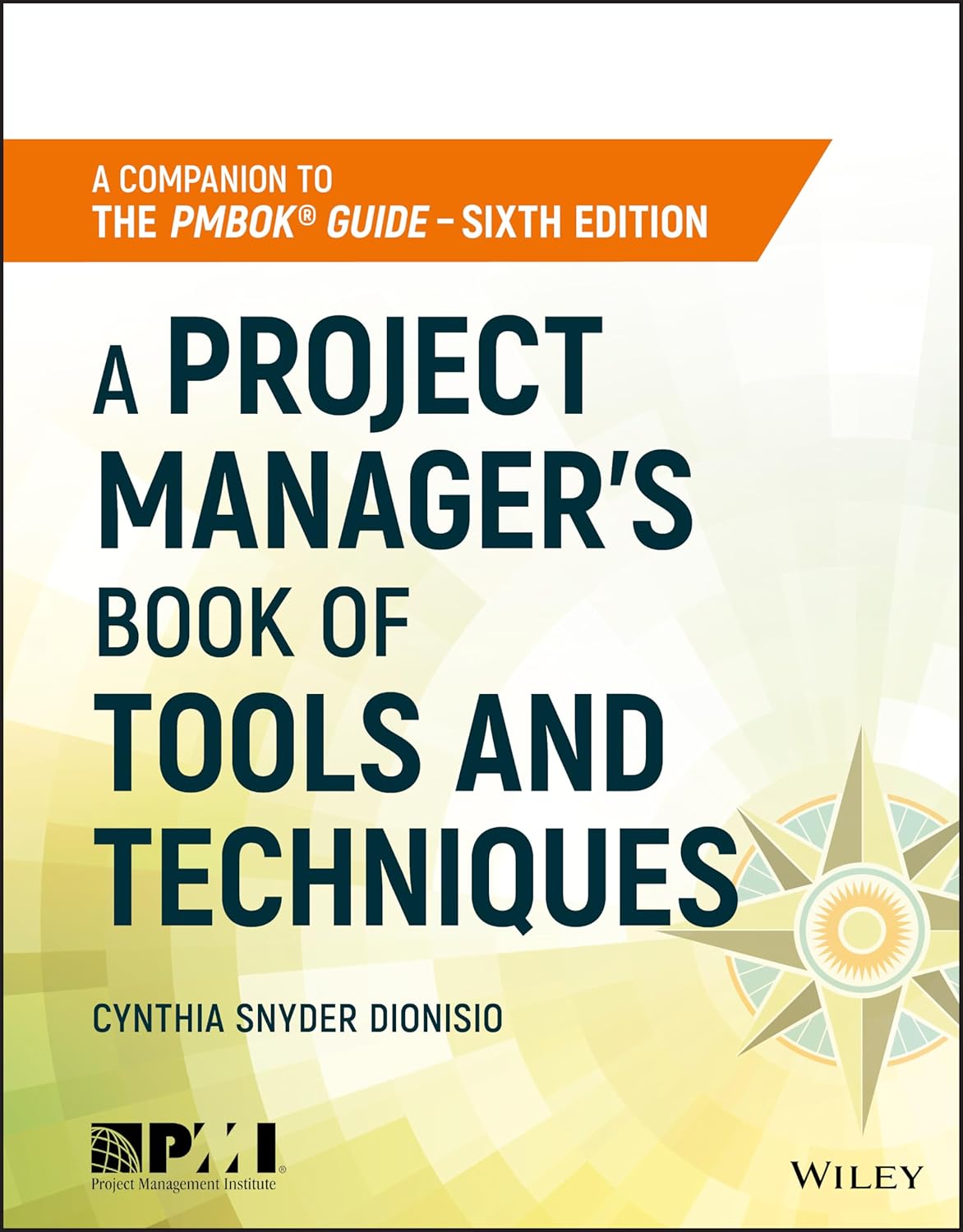
Regression Analysis
What is Regression Analysis?
Regression analysis is a statistical method used in project management to examine the relationship between two or more variables. It helps teams understand how changes in one factor, such as project cost or time, are influenced by another factor, like resource allocation or task duration. By identifying these relationships, teams can make informed predictions, manage risks effectively, and enhance their decision-making processes. This technique is beneficial during project planning and forecasting, as it provides a data-driven foundation for estimating future outcomes based on past trends.
In simple terms, regression analysis helps project managers answer questions like: “If we increase resources, how much faster will we finish the project?” or “How does the complexity of a task affect the overall timeline?” It transforms raw data into insights that can guide project strategies.
Key Points
- It quantifies the relationship between dependent and independent variables.
- There are several types, including linear, multiple, and logistic regression.
- It is helpful for forecasting costs, timelines, and resource needs.
- The method assumes a consistent pattern or trend in historical data.
- Accurate data input is essential for reliable results.
- It supports risk analysis and scenario planning in projects.
Related Terms
- Predictive analytics often uses regression analysis to estimate future project outcomes based on historical trends.
- Variance analysis may apply regression techniques to understand differences between planned and actual project performance.
- Risk management can benefit from regression models to identify factors that increase the likelihood of project delays or overruns.
- Cost estimation relies on regression analysis to predict how cost changes with different project scopes or resource levels.
- Earned value management may integrate regression tools to forecast future performance trends.
Regression Analysis: Example
A project manager in a construction project uses regression analysis to study how weather conditions affect project delays. By analyzing historical data, they discovered that every additional rainy day adds an average of 1.5 days to the project timeline. With this information, they adjust the project schedule during the rainy season to allow for potential delays and set more realistic expectations with stakeholders.
Regression Analysis: Best Practices
- Use clean, relevant, and comprehensive datasets to enhance model accuracy.
- Select the appropriate type of regression for your project scenario.
- Regularly update your model with new data to maintain accuracy.
- Interpret results carefully, understanding that correlation does not equal causation.
- Combine with other tools, such as sensitivity analysis, for broader insights.
- Validate findings with team experts to ensure practical relevance.
Additional Resources
Preparing for a PMI certification?
- Exam Prep Courses: PMP®, CAPM®, and PMI-ACP®
- Exam Simulators: PMP®, CAPM®, PMI-ACP®, PMI-PBA®, PMI-RMP®, PMI-SP®, PgMP®, and PfMP®
- Professional Development Units (PDUs): 15, 30, and 60 PDU Bundles




